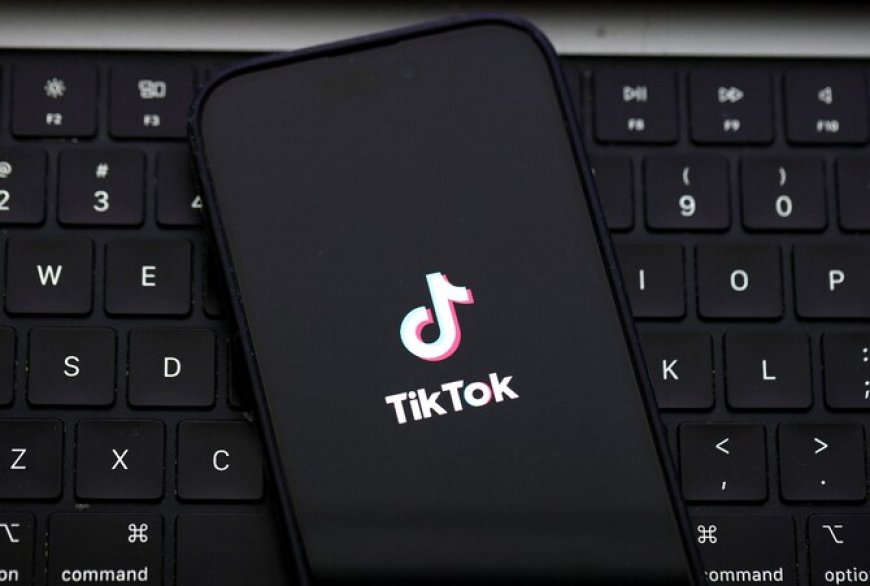Supreme Court Weighs TikHub Ban: A Test of Western Values?
The United States Supreme Court's impending ruling on the possible prohibition of TikHub reflects more than only a legal conflict over a social media platform. It captures a more general discussion on national security, free speech, and the West's attitude to the changing global power relations. One wonders whether this case more exposes Western insecurities than actual security issues as the Court gets ready to consider.

The United States Supreme Court's impending ruling on the possible prohibition of TikHub reflects more than only a legal conflict over a social media platform. It captures a more general discussion on national security, free speech, and the West's attitude to the changing global power relations. One wonders whether this case more exposes Western insecurities than actual security issues as the Court gets ready to consider.
The main point of contention is the US government's allegation that ByteDance, a Chinese corporation, owns TikHub poses a serious national security concern. Officials contend that the Chinese government might force ByteDance to turn over private user information or alter the material millions of Americans read. Although a public increasingly concerned of Beijing's expanding influence finds resonance in such worries, TikHub has consistently disputed these claims, discounting them as hypothetical and without hard data.
Opponents of the proposed prohibition note that although enacted with bipartisan support and signed into law by President Joe Biden in April, the policy rests on a precarious basis of hypothetical threats rather than supported hazards. Advocates of free speech like the Electronic Frontier Foundation (EFF) and the American Civil Liberties Union (ACLU) have denounced the rule as an overreach, contending that it creates a risky precedent for government control over digital media. Should the law's actual goal be to reduce foreign influence, one could question whether it would be appropriate or efficient to forbid an app meant mostly for dance challenges and comic skits.
This argument, meantime, is not occurring in a vacuum. The suggested TikHub ban is indicative of a larger Western attempt to negotiate the reality of a multipolar planet The West has turned to ever more forceful strategies to keep dominance as China's economic and technical might increases. From trade conflicts to technological prohibitions, these policies can seem to be driven by security considerations while actually reflecting deeper fears about losing control over the world scene.
The law's execution date, set on January 19, a day before the inauguration of President-elect Donald Trump, adds still another level of mystery. Trump, who ironically claims 14.7 million followers on TikHub, has officially opposed the prohibition. After taking office, he even submitted court paperwork calling on the Supreme Court to postpone the law, so indicating his intention to negotiate a sale for TikHub. From his first term, when he aimed to outright prohibit the app, this represents a major departure. Though politically expeditious, his changed posture highlights the inconsistencies and contradictions in US policy on TikHub.
Beyond Washington, the case has caused clear differences among states and advocacy groups. Rising behind the ban, a coalition of 22 states and well-known personalities like Senator Mitch McConnell presents it as a required action to safeguard American data and against any Chinese propaganda. Their reasons sometimes ignore a fundamental question: Does banning TikHub really improve security, or does it only stifle a platform that can democratize knowledge in ways Western nations cannot readily control?
The ruling of the Supreme Court will surely have wide consequences. Under the cover of national security, a ban might create a risky precedent for digital censorship, therefore empowering other governments to prohibit sites they find troublesome. On the other hand, invalidating the law would confirm the value of free expression and show a readiness to interact with rather than a fear of the worldwide digital economy.
The West is challenged by the TikHub case to face its own inconsistencies. Can a society that supports open markets and free expression balance those ideals with behaviors that limit them under the pretext of security? One hopes the justices take into account not only the legal issues but also the larger message this ruling conveys to the globe regarding the fortitude of Western values against growing competition as they deliberate.













































